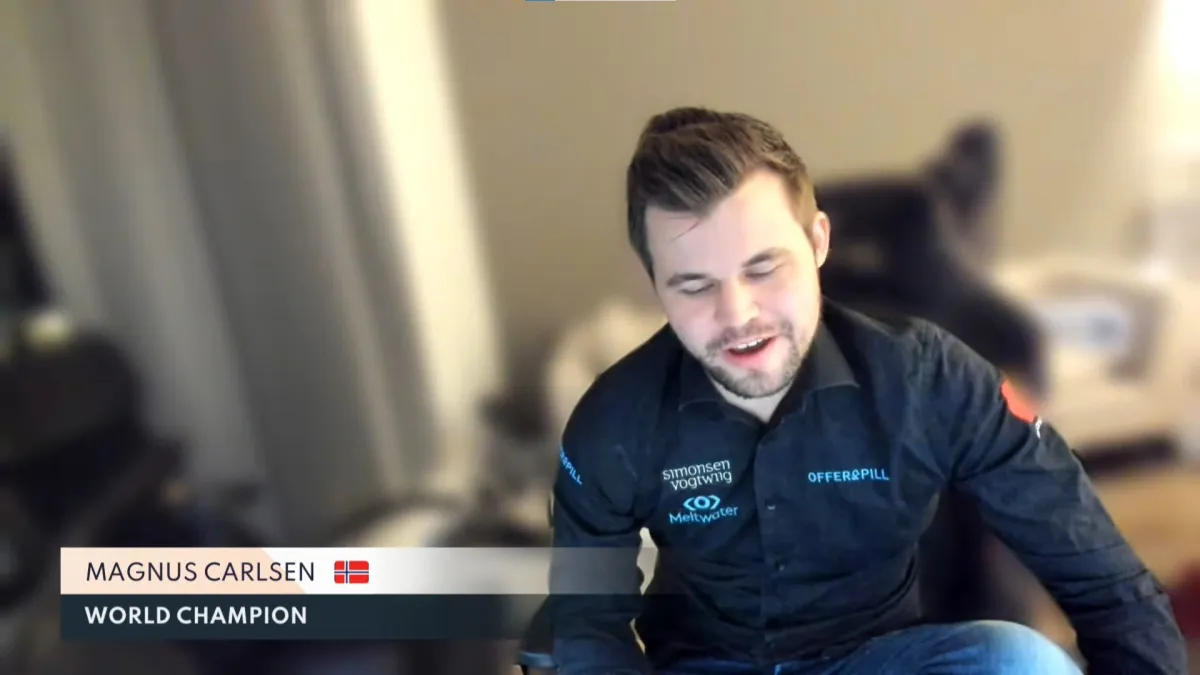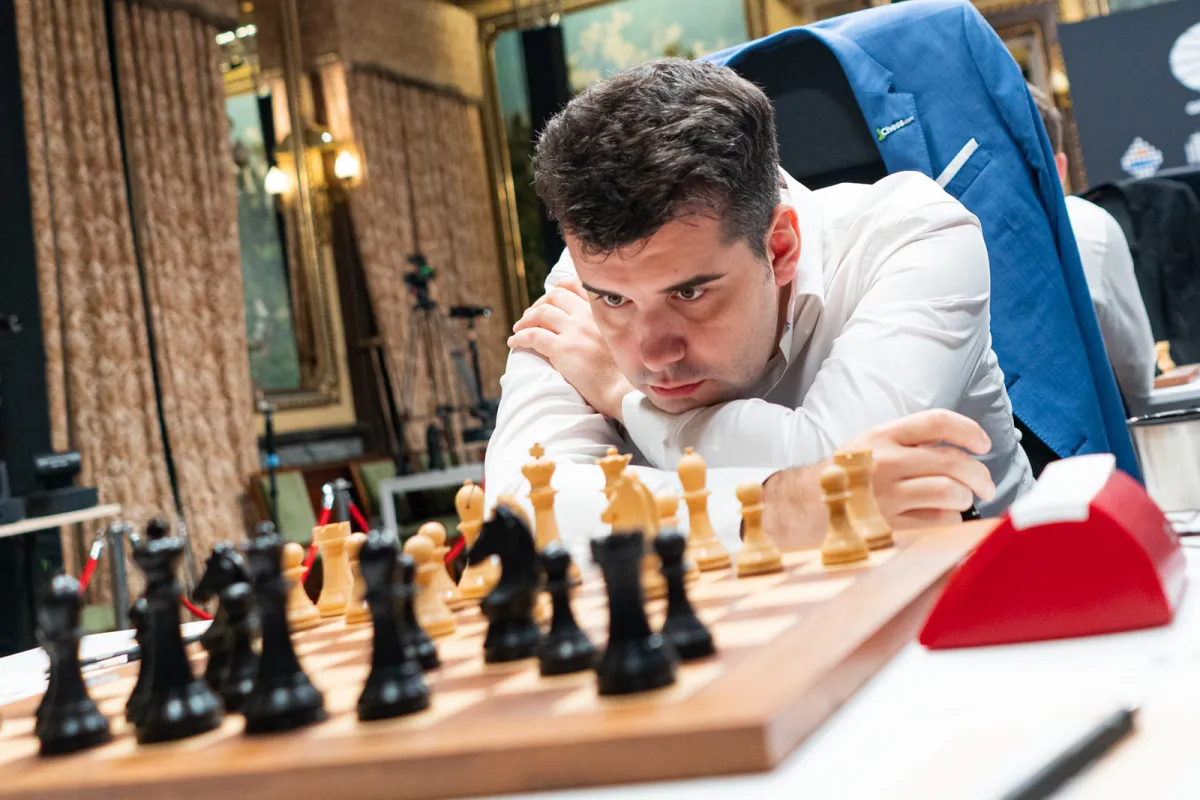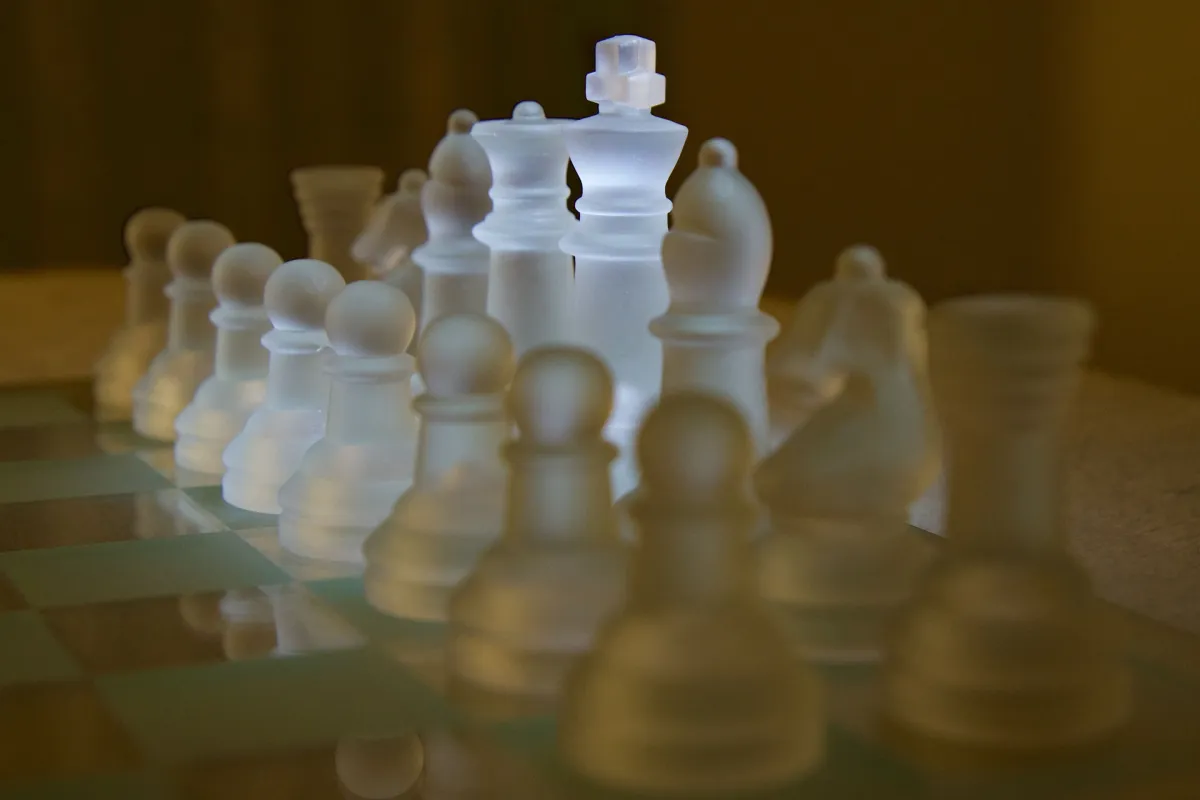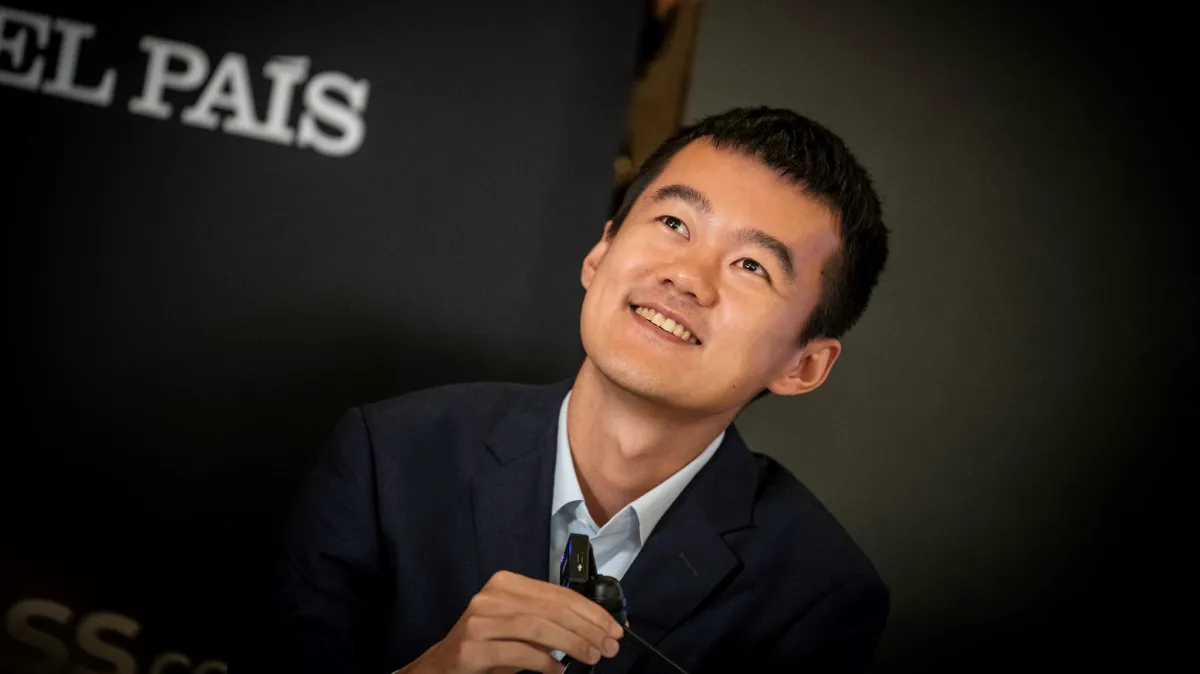The best chess player in the world has been the world champion since 2013, and these two mantles have been intertwined throughout the history of competitive chess with a few exceptions. With Magnus Carlsen’s recent decision to abdicate but continue to compete, the chess world is in a weird and unprecedented state.
What’s it going to be like when there’s a clearly better player than the world champion going around and crushing tournaments left, right, and center? Could Carlsen one day return to retake his crown, and could he force out a format change in a championship that’s been essentially the same since the end of the 19th century? There’s a lot to ponder for chess fans in what’s shaping up to be a sort of post-pandemic, post-Carlsen period.
How and why Carlsen gave up his title
Even by the time he became world champion in 2013, Magnus Carlsen had already forfeited his spot in the qualification process at one point. He withdrew from the 2011 Candidates Tournament, deeming the knockout bracket insufficiently fair and thorough. Already the world’s highest-rated player, he got his wish at that time as FIDE introduced the current double round-robin format by 2013, where he won by the narrowest of margins. Since then, he’s been sitting atop the throne, from which he will now step down after a shocking and spectacular decision.
Related: Magnus Carlsen gives up his world championship title
After months of speculation, he confirmed he won’t be playing Ian Nepomniachtchi again in a repeat championship match, saying the following:
“It’s more than nine years since the Candidates. It’s hard to say, I don’t think I had any other goals than to win it once. Then I thought I’ll try and keep it as long as I’m motivated, that’s fine. To be honest, in 2016 I was not very motivated. I feel like I mostly played that match because other people sort of relied on it, expected me to, which was fine, it was not their fault, it was all on me for feeling that responsibility.”
Magnus Carlsen
Carlsen has repeatedly cited the grueling match format as the reason behind his skepticism. He says he still loves classical tournaments, where a larger field of players compete against one another Candidates Tournament-style. These are very different affairs from a six-month period of deep preparation against a single player’s repertoire, going painstakingly deep with supercomputers and fellow grandmasters to find the narrowest of edges.
Carlsen still clearly retains an advantage over his competitors, winning almost all of the elite-level tournaments he participates in. This makes it all the weirder that he won’t be the world champion after 2023.
As is all too often, past is prologue in this case as well. In the pre-FIDE days before the Second World War, the world champions had an outsized power when it came to picking their challengers. Famously, Emanuel Lasker dodged José Raúl Capablanca for a very long time, but there have been many other examples as well where the champion kept refusing challengers who were deemed too powerful. Once FIDE took control of the process, things became more centralized and streamlined.
In the FIDE era, there are two notable examples of the past to consider when it comes to Carlsen’s decision. First, Bobby Fischer in 1975, who refused to face his challenger, Anatoly Karpov, because not all of his demands regarding the format were met by FIDE, the international chess federation. He then disappeared from the chess world and hasn’t played any serious chess event after his 1972 championship victory.
Then there is Garry Kasparov, who had his own checkered history with the title, dethroning Karpov despite a lot of institutional headwinds. Distrust lingered, and he defected alongside Nigel Short, his challenger in 1993 to form their own association, hoping to secure better financial deals. The ill-fated project collapsed soon thereafter, but its effect lingered until 2006, when eventually a reunification match was played between Vladimir Kramnik and Veselin Topalov.
There’s no sign Carlsen’s looking to follow in his predecessors’ footsteps in this regard, but he regularly voices concerns about tournament formats, and a player with his stature and skill does wield an outsized influence when it comes to the future of the game.
What’s next for the chess world after Carlsen’s abdication?
Soon, we will have a new world chess champion. It’s either going to be Ian Nepomniachtchi or Ding Liren, the world No. 3 or world No. 2 respectively, according to the current ratings. And yet, the gap between Carlsen and Liren is 55 points, the same as the gap between Liren and Leinier Dominguez Perez in 14th place. Meanwhile, Carlsen continues to crush classical tournaments, having won 10 out of the last 13 played against elite opposition. The last time he finished without a positive score was in 2017.
He’s not going anywhere, and though he makes no secret of the fact that he’s not as motivated as he was five or 10 years ago, he’s still gunning for the 2900-point barrier, a feat that seems nearly impossible even with his abilities. For context, his tournament win at a 9.5/13 result against super-grandmasters earned him 3.1 points, which he then lost with a single draw against an International Master. Carlsen has even floated the possibility of returning for the title at some point in the future should the format get changed.
In the meantime, we will have a world champion who clearly won’t be the best player on the planet, most likely regularly losing to Carlsen in large tournaments. It’s going to be an important match and a great event nevertheless, but it’s just a side note in one discipline of chess, the classical format, and a temporary one at that.
That said, fellow world champions can relate to his plight. Garry Kasparov and Viswanathan Anand, who have both held the title for a significant period of time, are some of the select few who can understand the pressures and the grind of staying on the top.
“But I understand his decision fully. In a way, I was also getting tired of playing matches every year or two years several times in a row. In a sense, because I lost, this problem solved itself. Magnus’s problem is a little bit that he isn’t losing.”
Viswanathan Anand
For Carlsen, his latest challenge is the currently ongoing 44th Chess Olympiad in Chennai, India. With it being a team event, it’s one of the rare opportunities where he gets to play the role of the underdog heading the Norwegian side against a tough worldwide field.







Published: Aug 1, 2022 12:29 pm